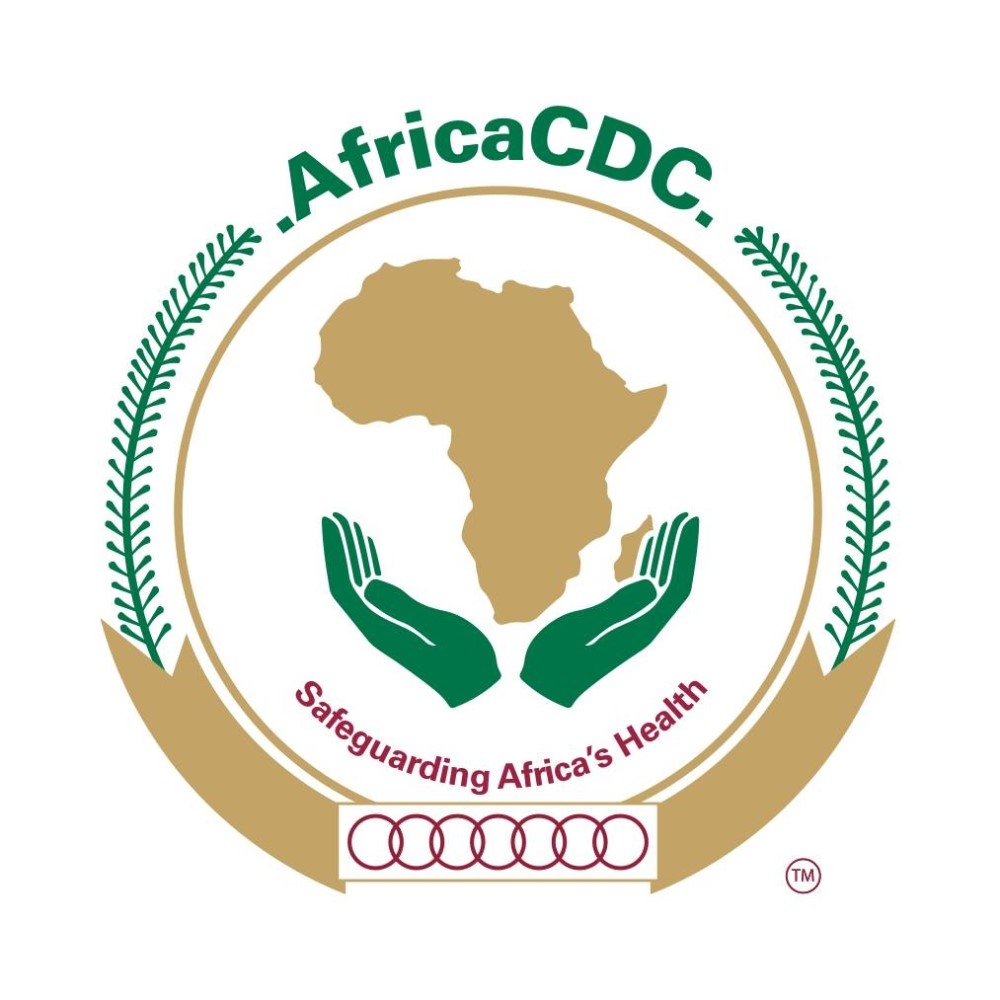
WHO, Africa CDC and RKI expand unique partnership to strengthen collaborative surveillance in Africa
On May 29, 2025, The World Health Organization (WHO), Africa Centres for Disease Control and Prevention (Africa CDC) and the Robert Koch Institute (RKI) announced the expansion of the successful Health Security Partnership to Strengthen Disease Surveillance in Africa (HSPA) to seven countries on the continent.
Africa experiences more disease outbreaks than any other part of the world. While significant progress has been made in strengthening disease surveillance over the past decade, no country can tackle today’s complex health threats alone.
African continent, enabling countries to better detect and respond to public health threats – whether they are natural, accidental or deliberate. Launched in 2023 in six countries, The Gambia, Mali, Morocco, Namibia, South Africa and Tunisia, the partnership will expand to Rwanda in its second phase which runs from 2025 to 2028.
The partnership is supporting countries to strengthen capacities in biorisk management, event and indicator-based surveillance, genomic surveillance and epidemic intelligence. This is achieved through training, guidance development, co-creation of implementation roadmaps, and hands-on technical assistance to ensure that implementation is aligned with country priorities, embedded within broader national systems, and built for long-term sustainability.
The HSPA initiative has been supported from the start by the Government of Canada through its Weapons Threat Reduction Program, with additional funding in phase two from the Government of the United Kingdom.
Tags:
Source: World Health Organization
Credit:
